
The Nubian community has lived in Kenya for over a hundred years, yet many became stateless after Kenya’s independence in 1963. For years, Nubian youth had to go through a nationality verification process called “vetting” in order to obtain a …
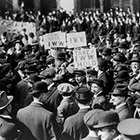
With the rhetoric of free speech increasingly captured by the right, a new book tells the story of the radicals who first championed freedom of expression as a substantive political right.

The U.S. economy has changed a lot since the 1970s—let alone the 1870s. But we are still stuck with old concepts for assessing it, and politics to match.
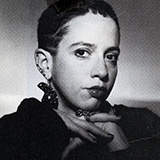
Can affect theory help us understand our contemporary unease—and express our dreams for the future—without becoming a stand-in for the slow, hard work of politics?

To understand how the housing market really works, we need to hear the stories of those who have been pushed out. Two essential new books shine a spotlight on those stories, and illuminate much more in the process.
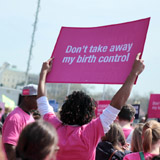
Two books offer new insights into the last forty-five years of uproar against abortion rights, and the fight to hold onto them.
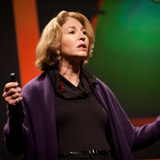
“Having it all” is not a feminist theory of change.

By reframing war in terms of “moral injury,” philosopher Nancy Sherman dodges the question of who is responsible for its horrors in the first place.
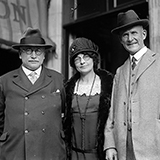
If Bernie Sanders’s presidential run is to herald a new socialist movement, American leftists will have to overcome the combination of sectarianism, repression, and cooptation that doomed their predecessors.

City on Fire—Garth Risk Hallberg’s massive and elaborately constructed novel about New York in the 1970s—offers the contours of the great social novel. But it struggles to reveal the ways in which power actually works.
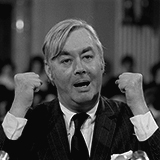
Pundits far and wide portray Daniel Patrick Moynihan as a prophet without honor, whose unpopular message carried great potential but went sadly unheeded. Nothing could be further from the truth.
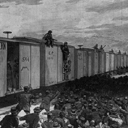
At its most radical, labor republicanism envisioned not only freedom from wage slavery but cooperative self-organization. It also challenged women’s domination in the home—something Alex Gourevitch’s new history misses.
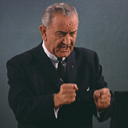
We can appreciate the positive changes LBJ’s Great Society programs brought about without downplaying their weaknesses in conception and execution.
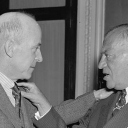
Only a mass movement by union members and sympathetic workers will transform organized labor into the bold agent of change it once was.

In his new book, Peter Pomerantsev depicts Russia as a place that has descended into a madness fed by the television programs that it itself inspires. But a crucial element is missing.




















